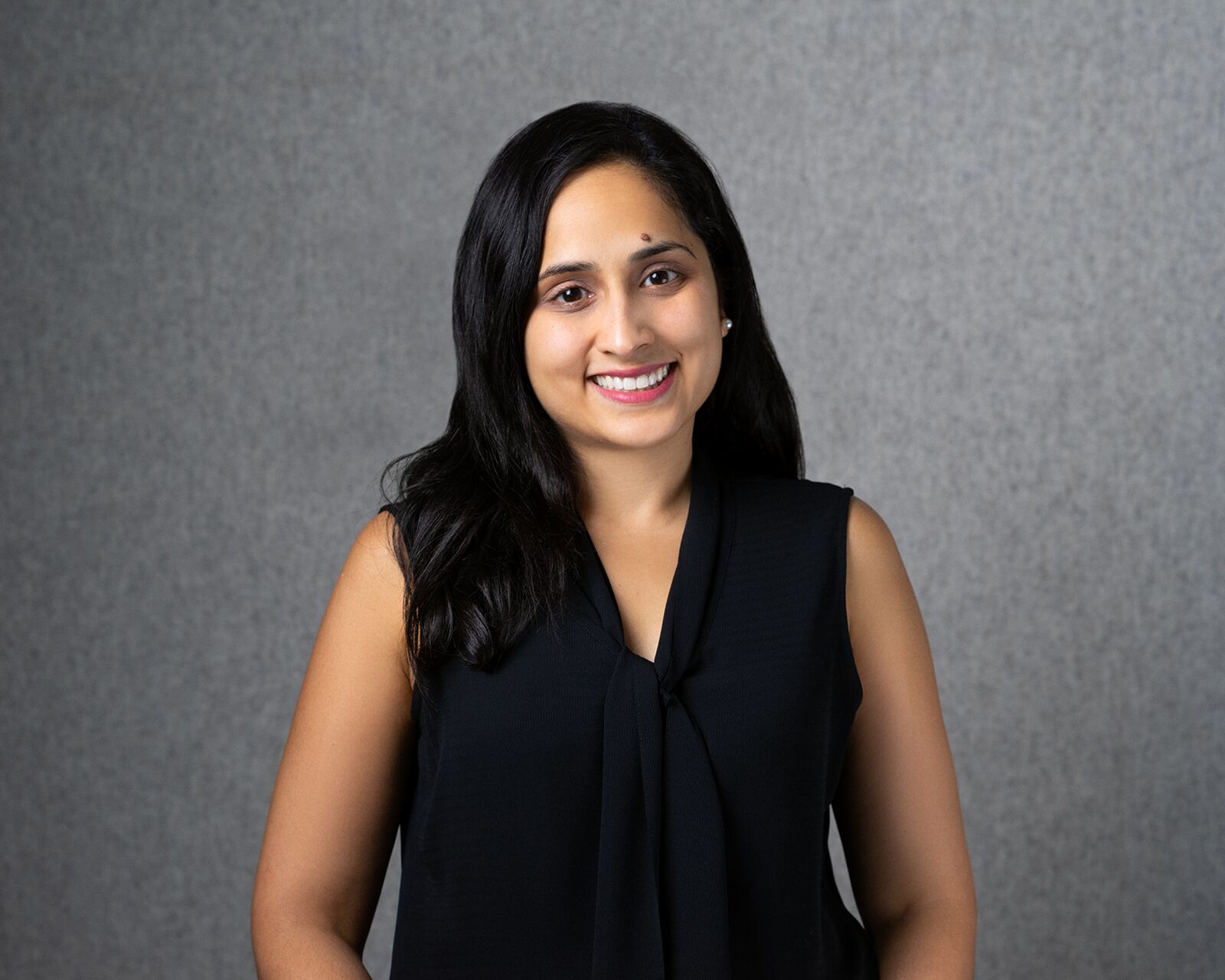From startups to restaurants to high-tech corporations, women are taking the business world by storm and leaving their mark. CEO & Dean of Northeastern University, Aliza Lakhani, proves sexists wrong in multiple sectors by letting her hard work shows for itself.
After working in capital markets and corporate strategy for BMO, technology, and the non-profit Rexdale Women’s Centre, Aliza Lakhani became CEO & Dean of Northeastern University in Toronto. Before her leadership role in academia—which industry was never on her radar—Lakhani utilized her corporate background to build up The DMZ.Her business development team secured partnerships with Aviva, Fujitsu, BMO, and IBM, and brought in significant revenue. “I’ve always been a pretty curious person and I gravitate to areas that I can build,” Lakhani says.
Lakhani also serves on the Board of Directors for the C.D. Howe Institute, Wealthsimple Foundation, and #Movethedial—whose mission is to “increase the participation and leadership of women in tech.” The C.D. Howe Institute focuses on Canada’s prosperity and Wealthsimple Foundation helps Canadian families access RESP education savings—investing in their children’s futures and making them more likely to gain long-term financial stability through post-secondary education.
Growing up in Rexdale with refugee parents, Lakhani had an understanding of the problems and obstacles immigrants face, which led to joining the board at the Rexdale Women’s Centre.
“I see refugees and newcomers at Northeastern looking to get their first break, whether it’s from education or from industry. Recently, we had a Syrian refugee come here who is highly educated but didn’t know where to start. I love the ability to help them and we’re building this university one student at a time, every single day, and I get to hear their personal stories and it’s really gratifying.”


“When I heard Northeastern’s story, I’ve never heard an organization or university that was so ambitious and so forward thinking about the way education needs to be more flexible, needs to be more experiential and needs to be more adaptive,” says Lakhani.
Here, a conversation with Lakhani.
You have been involved with a few organizations. Is there one that you connect with you the most?
The work I did with the Rexdale Women’s Centre. Volunteering has been the core of everything I’ve done, always doing things at the front lines. I love that stuff but a part of me also thought that I could do a little bit more—move the needle on the priorities and maybe add a different lens.
I love the work the organization has done because you see the work you do at the board level and the governance level. Then you also see the impact on the clients, especially now that we have more and more people coming to Canada and settlement and integration becomes a big opportunity.
How do you move past ageism in your industry?
If you see me, you’ll notice I look young. I’m not that young, but I look probably 10 years younger than I am and I’ve learned to embrace [it]. I’m used to being underestimated but my mentality now is if you underestimate me, that’s fine, I will have so much fun proving you wrong.
I don’t say that in a malicious way. I just say that it is what it is. Society views successful people in a certain waybut I am confident that is changing. Leadership is changing. Inclusive prosperity is a thing of the future and diversity of opinion really matters. I see it but I don’t think it’s changing quickly enough.
If you look at the stats, the number of women on boards is still very, very low but I have to believe that it’s changing. We have to keep that behind us, right? We have to elevate other people, [especially] young women.


What is your piece of advice for young women going into business?
In life, there’s going to be obstacles. There’s always going to be internal obstacles that we put on ourselves. There’s going to be external obstacles—obstacles that are real and others put on us or they get in our way. At the end of the day, I think early on in my career I was really focusing on the obstacles and what I couldn’t control. For example, I would go into rooms and I was the only woman in the room or the only person of color in the room.
I’ve been called too aggressive and too direct. I’ve been in meetings where I introduced myself as the head of the organization and a guy gave me his business card to me and said: “give this to your boss.”
This stuff happens to me all the time and it used to really get me down. I look nothing like a dean, I look like the complete opposite but I don’t let that get to me anymore. I control what I can control, and I’m always on a journey of growth and discovery and I try to have a little bit of swagger—a little bit of confidence.
I know I’m exactly where I need to be. I know I’ve earned my position and I don’t get in my own way anymore. I don’t question myself, lead with confidence, and focus on the results. I’m fortunate to have a boss, a team, great people around me and mentors who support me and allow me to do that.
I think confidence is everything for young women. I wish I had learned that a long time ago. I used to think that the way to get ahead was by putting your head down and just doing really good work—that’s only going to take you so far. I didn’t realize that you need to build your brand, to make your work known to other people because everyone else is doing it too.
If you are the only woman in the room, you know, take that seat at the table. Have a voice, have a comment. Don’t quiet down that little voice in your head because if you’re in the room, then your voice should be heard. Don’t worry about what other people think of you because quite honestly, they’re worried about themselves.








